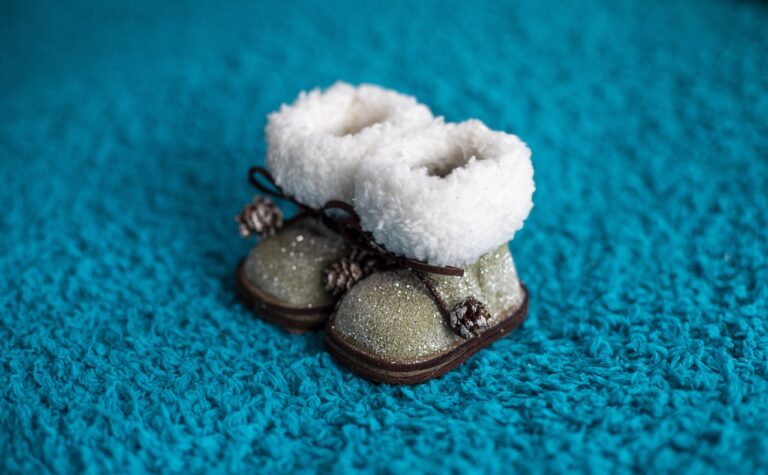Fashion and Sustainability: How Brands Are Going Green
Sustainable fashion has been gaining momentum in recent years as consumers become more conscious of the environmental and social impacts of the clothing they purchase. This shift in consumer mindset has prompted many fashion brands to reevaluate their production processes and materials in order to align with sustainable practices. From using eco-friendly fabrics to implementing ethical sourcing, the fashion industry is beginning to embrace a more sustainable approach to design and manufacturing.
With the rise of sustainable fashion, a new wave of designers and innovators are emerging, dedicated to creating stylish clothing while minimizing harm to the planet. These trailblazers are experimenting with innovative materials like organic cotton, recycled polyester, and even mushroom leather to push the boundaries of eco-friendly fashion. By prioritizing sustainability in their collections, these designers are inspiring others in the industry to prioritize ethical and environmentally friendly practices in order to create a more sustainable future for fashion.
Innovative Materials in Sustainable Fashion
As the fashion industry continues to progress towards sustainability, innovative materials are playing a crucial role in reshaping the landscape of fashion production. From recycled plastics to organic cotton, designers are exploring a diverse range of eco-friendly options to reduce environmental impact and create fashion with a conscience.
One shining example of innovation in sustainable materials is the development of Piñatex, a textile made from pineapple leaf fibers that would otherwise go to waste. This cruelty-free material provides a sustainable alternative to traditional leather, offering a stylish and ethical choice for consumers seeking environmentally friendly options in their wardrobe.
• Piñatex is a vegan-friendly material that offers a cruelty-free alternative to leather
• The use of pineapple leaf fibers in fashion production helps reduce waste from the fruit industry
• Consumers can now choose stylish and sustainable options for their wardrobe
• Innovative materials like Piñatex are paving the way for a more eco-conscious approach to fashion design
Ethical Labor Practices in the Fashion Industry
In recent years, there has been a growing push towards promoting fair and ethical labor practices within the fashion industry. The exploitation of workers in garment factories around the world has been a long-standing issue, with many workers facing poor working conditions and unfair wages. Brands are now under increasing pressure to ensure that their supply chains are transparent and that workers are treated ethically and with dignity.
One positive development has been the rise of certifications and labels that signify a brand’s commitment to ethical labor practices. Organizations like Fair Trade USA and the Ethical Trading Initiative work to set standards and guidelines for companies to follow in order to create a more sustainable and ethical fashion industry. Consumers are also becoming more aware of the importance of supporting brands that prioritize the well-being of their workers, leading to a shift in demand towards more ethically produced clothing.
What is sustainable fashion?
Sustainable fashion refers to clothing and accessories that are produced in an environmentally and socially responsible manner, considering the impact on the planet and its people.
Why is it important for the fashion industry to adopt ethical labor practices?
Adopting ethical labor practices in the fashion industry ensures fair treatment and working conditions for garment workers, promotes sustainable production processes, and helps reduce the industry’s negative impact on the environment.
What are some examples of innovative materials used in sustainable fashion?
Innovative materials in sustainable fashion include organic cotton, recycled polyester, bamboo fabric, and Tencel, among others. These materials are more eco-friendly and promote sustainability in the fashion industry.
How can consumers support ethical labor practices in the fashion industry?
Consumers can support ethical labor practices in the fashion industry by choosing to buy from brands that prioritize fair treatment of workers, transparency in their supply chains, and sustainable production methods. Additionally, consumers can educate themselves on ethical fashion practices and advocate for change within the industry.







